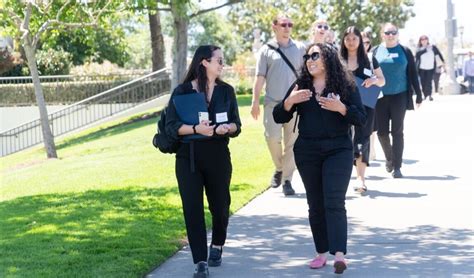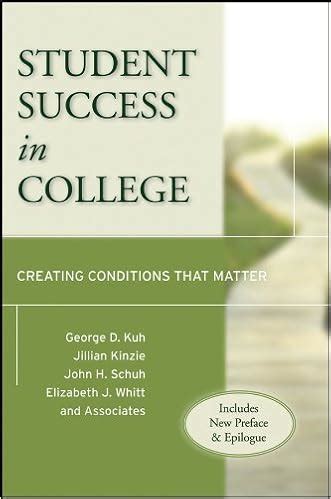Secure Your Future: A Guide to Academic Scholarships

Unlock Your Potential with Academic Scholarships
Are you dreaming of a higher education but worried about the financial burden? Don't let cost stand in your way! Academic scholarships offer a fantastic opportunity to fund your studies and pursue your academic aspirations. This comprehensive guide will equip you with the knowledge and strategies you need to successfully apply for and secure these valuable awards.
Types of Academic Scholarships
Several types of academic scholarships cater to diverse needs and backgrounds. Understanding these distinctions is crucial in identifying opportunities that align with your profile.
- Merit-Based Scholarships: These rewards recognize exceptional academic achievement, often measured by GPA, standardized test scores (SAT/ACT), or class rank. Strong performance is key to securing these academic scholarships.
- Need-Based Scholarships: Awarded based on financial need, these scholarships assist students facing financial hardships to access higher education. Demonstrating financial need through documentation is vital for these applications.
- Major-Specific Scholarships: Some scholarships focus on specific academic fields, such as engineering, medicine, or the arts. If you have a chosen major, research scholarships tailored to your area of study.
- Minority Scholarships: Designed to support students from underrepresented groups, these scholarships promote diversity in higher education.
- Utilize Online Scholarship Databases: Websites like Fastweb, Scholarships.com, and Peterson's offer extensive databases to search for academic scholarships that match your criteria.
- Check with Your High School or University: Your institution likely has a dedicated financial aid office or scholarship coordinator who can provide valuable guidance and resources.
- Explore Professional Organizations: If you're pursuing a specific career path, explore professional organizations in that field. Many offer scholarships to students pursuing related studies.
- Meet Eligibility Requirements: Carefully review eligibility requirements before starting an application. Wasting time on ineligible applications is unproductive.
- Craft a Compelling Essay: The essay is often a critical component of the application. Showcase your achievements, aspirations, and how the scholarship will help you achieve your goals. Tailor your essay to each specific scholarship application.
- Submit Complete Applications: Ensure all required documents, including transcripts, letters of recommendation, and essays, are submitted on time and accurately.
- Follow Up (Professionally): After submitting your application, consider a polite follow-up email to confirm receipt and reiterate your interest.
Athletic Scholarships: While less directly related to academic* achievement, athletic scholarships are awarded based on athletic skill and potential. They often support students' academic pursuits as well.
Finding and Applying for Academic Scholarships
The process of securing academic scholarships involves careful research, strategic application, and attention to detail.
1. Research and Identification:
2. The Application Process:
Frequently Asked Questions (FAQs)
Q: When should I start applying for academic scholarships?
A: It's best to start researching and applying early, ideally during your junior or senior year of high school or as early as possible in your undergraduate career. Many deadlines occur months in advance.
Q: What kind of financial documentation is typically required for need-based academic scholarships?
A: Expect to provide documentation such as tax returns, bank statements, and proof of income for your family. The specific requirements vary depending on the scholarship provider.
Q: Are there any academic scholarships for graduate students?
A: Yes, many academic scholarships are available for graduate students as well. Research opportunities specifically geared towards your field of graduate study.
Q: What if I don't win a scholarship?
A: Don't be discouraged. The scholarship application process is competitive. Refine your application strategy, improve your essay, and try again.
By diligently pursuing academic scholarships, you can significantly reduce the financial burden of higher education and pave the way for a brighter future. Good luck with your applications!





